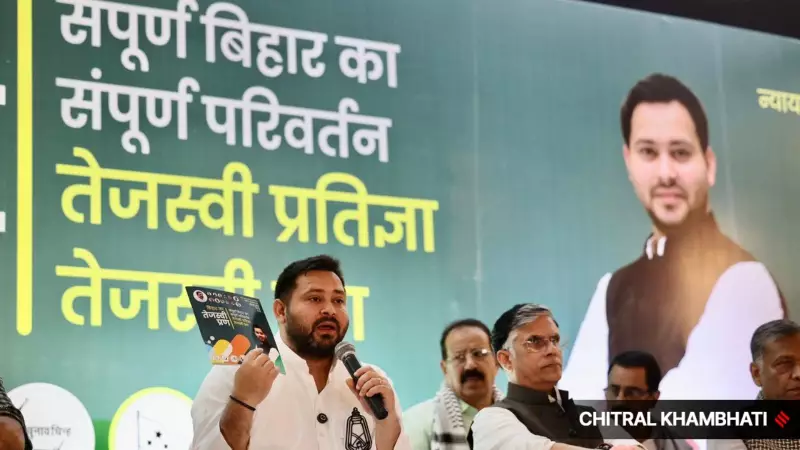
In a calculated political maneuver that underscores Bihar's complex caste dynamics, the opposition Mahagathbandhan has finalized its seat-sharing arrangement for the upcoming electoral battle. The alliance has strategically allocated constituencies based on demographic strengths and community influence.
The Caste Calculus Behind Seat Distribution
The Rashtriya Janata Dal (RJD), as the alliance's senior partner, has secured 26 constituencies with a clear focus on areas dominated by Yadav voters and Other Backward Classes (OBCs). This move leverages the party's traditional support base while reinforcing its core demographic strength.
Meanwhile, the Congress party has been assigned nine seats, predominantly in regions with significant upper caste presence. This allocation aims to capitalize on the party's historical appeal among Brahmin, Bhumihar, Rajput, and Kayastha communities, potentially creating a complementary vote-share equation within the alliance.
Key Constituencies and Strategic Placement
The arrangement reveals several interesting patterns:
- RJD's Yadav Fortresses: The party has concentrated on constituencies with substantial Yadav populations, including Saran, where Lalu Prasad's daughter Rohini Acharya is positioned, and Patliputra, represented by Misa Bharti.
- Congress's Upper Caste Focus: The grand old party has secured seats like Kishanganj, Katihar, and Sasaram where upper caste voters play a decisive role in the electoral outcome.
- Left Parties' Niche: The Communist Party of India (Marxist–Leninist) Liberation and CPI have been allotted constituencies like Karakat and Nalanda, reflecting their localized influence.
The Tejashwi Yadav Factor
RJD leader Tejashwi Yadav has emerged as the central figure in this alliance configuration. His continued emphasis on his 2020 assembly election promise of providing 10 lakh jobs appears to be a conscious strategy to maintain his appeal beyond caste calculations and position himself as a development-focused alternative.
Political analysts suggest this seat-sharing formula represents a pragmatic approach to coalition politics in Bihar, where caste arithmetic often determines electoral fortunes. The success of this carefully crafted social engineering experiment will ultimately be tested when voters deliver their verdict.






